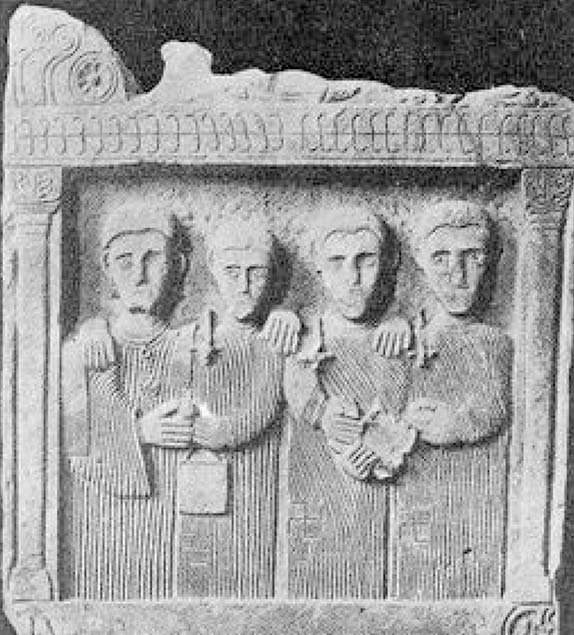Are Illyrians Albanian Or Greek?

Introduction
The question of whether the Illyrians were Albanian or Greek has sparked considerable debate among historians, linguists, and archaeologists. As ancient inhabitants of the western Balkans, the Illyrians played a significant role in the region's history, but their origins and cultural affiliations remain contentious topics. Understanding this complex relationship is essential not only for grasping the historical narrative of the Balkans but also for appreciating the cultural identities that have emerged over millennia. In this article, we will explore the origins of the Illyrians, their connections to modern Albanian and Greek identities, and the implications of these connections in contemporary discussions.
The Illyrians: An Overview
Who Were the Illyrians?
The Illyrians were a group of tribes that inhabited the western part of the Balkan Peninsula from at least the 6th century BCE until the Roman conquest in the 1st century BCE. Their territory extended from the Adriatic Sea to the Morava River and included parts of modern-day Albania, Croatia, Bosnia and Herzegovina, Montenegro, and Kosovo.
Cultural and Linguistic Identity
- Language: The Illyrian language is considered a branch of the Indo-European language family. However, due to limited written records, it is challenging to classify it definitively as either Albanian or a separate language.
- Culture: The Illyrians are known for their warrior culture, rich burial practices, and unique pottery styles. They engaged in trade and had interactions with neighboring cultures, including the Greeks and Romans.
The Albanian Connection
Historical Perspective
Many Albanians claim descent from the Illyrians, arguing that their language, Albanian, is a direct descendant of the Illyrian tongue. This claim is supported by several historical and linguistic arguments:
- Toponymy: Many place names in Albania are believed to have Illyrian roots, suggesting a continuity of habitation.
- Cultural Practices: Certain customs and traditions in Albania are thought to have originated from Illyrian practices.
Linguistic Evidence
While the direct linguistic connection between Illyrian and Albanian is debated, some scholars argue that the preservation of certain words and phonetic structures in modern Albanian may have Illyrian origins. However, the exact nature of this relationship remains uncertain due to the lack of comprehensive Illyrian texts.
The Greek Connection
Historical Influence
The ancient Greeks had significant interactions with the Illyrians, particularly through trade and warfare. Greek colonies were established along the Adriatic coast, which facilitated cultural exchanges. Key points include:
- Cultural Exchange: The Illyrians adopted various aspects of Greek culture, including art and religious practices.
- Greek Historians: Writers like Herodotus and Polybius documented Illyrian tribes, often describing them in relation to their Greek neighbors.
Linguistic Arguments
Some historians argue that the Illyrians were influenced by Greek language and culture, suggesting that certain Illyrian words may have Greek origins. This perspective highlights the complex interactions between the two cultures rather than a straightforward lineage.
The Modern Debate
National Identity
The question of Illyrian identity has significant implications for national identity in the Balkans. For Albanians, claiming Illyrian ancestry is tied to cultural pride and historical legitimacy. Conversely, Greeks may emphasize the cultural contributions of the Illyrians to their heritage.
Political Implications
- Nationalism: The debate over Illyrian identity can fuel nationalist sentiments, with both Albanians and Greeks seeking to assert historical claims to the region.
- Cultural Heritage: The legacy of the Illyrians is often invoked in discussions about cultural heritage and historical rights to land.
Conclusion
The question of whether the Illyrians were Albanian or Greek does not have a definitive answer. Instead, it reflects the intricate tapestry of history, culture, and identity in the Balkans. While the Illyrians undoubtedly influenced both Albanian and Greek cultures, their exact legacy is open to interpretation. As we continue to explore our shared past, it is crucial to approach these discussions with an open mind and a recognition of the complexities involved. Ultimately, understanding the Illyrians is not just about tracing lineage; it is about appreciating the rich cultural heritage that has shaped the identities of modern nations in the region.



Comments ()